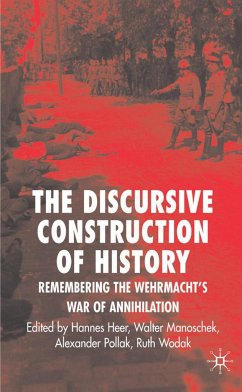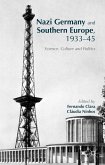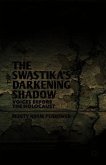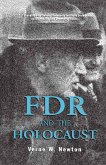How do democratic and pluralistic societies cope with traumatic events in their past? This interdisciplinary volume analyzes in detail for the first time the history and image of the German 'Wehrmacht' and the debates in Austria and Germany surrounding two highly contested exhibitions about the war crimes of the 'Wehrmacht' during World War II.
'Ruth Wodak and her interdisciplinary team shed light on the Wehrmacht crimes during WWII as well as their subsequent reception and representation. The volume gives an excellent overview of this important part of the history and aftermath of the Holocaust. Its specific layout and structure can also serve as a paradigm for comparable studies.' - Dirk Rupnow, Forum: Qualitative Social Research
...the questions of collective memory and public discourse raised in these empirical studies are...of the highest importance...This book, rich in detail and ethical clarity, deserves a wide readership.' - John D.H. Downing, Southern Illinois University, Discourse and Society
'...an accomplished collection of articles written on a high level with findings of scholarly interest.' -Jewish Political Studies Review
'The book under review is welcome as a contribution to the history of the exhibition in particular and thus of German "memory politics" in general, as wellas to discourse analysis and historical society. It is a wide-ranging and thought-provoking volume.' - Journal of Genocide Research
...the questions of collective memory and public discourse raised in these empirical studies are...of the highest importance...This book, rich in detail and ethical clarity, deserves a wide readership.' - John D.H. Downing, Southern Illinois University, Discourse and Society
'...an accomplished collection of articles written on a high level with findings of scholarly interest.' -Jewish Political Studies Review
'The book under review is welcome as a contribution to the history of the exhibition in particular and thus of German "memory politics" in general, as wellas to discourse analysis and historical society. It is a wide-ranging and thought-provoking volume.' - Journal of Genocide Research








